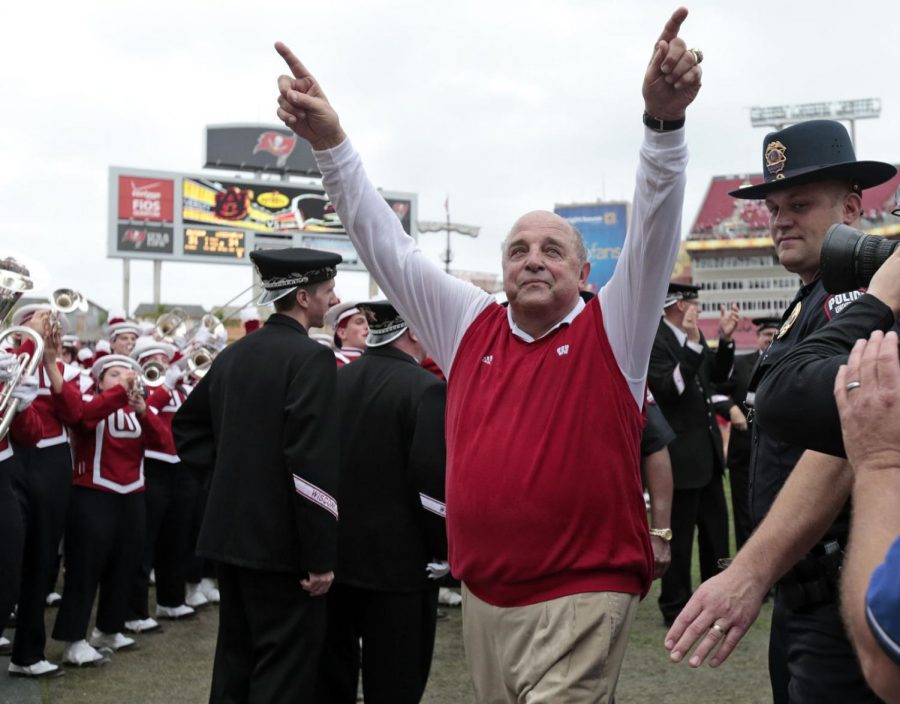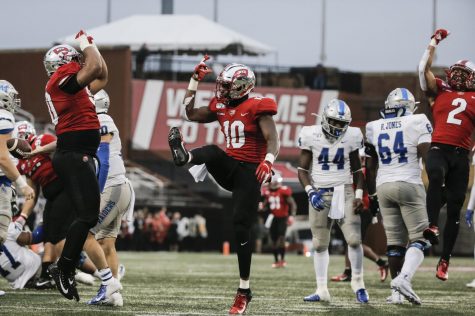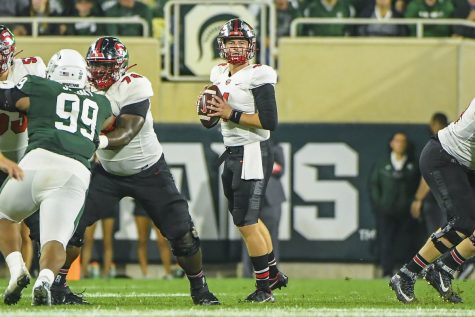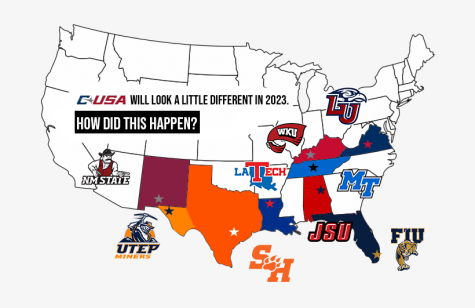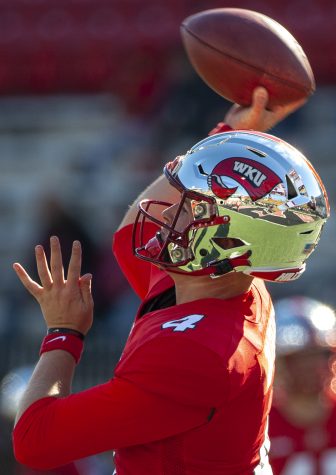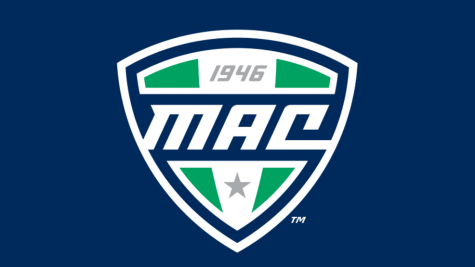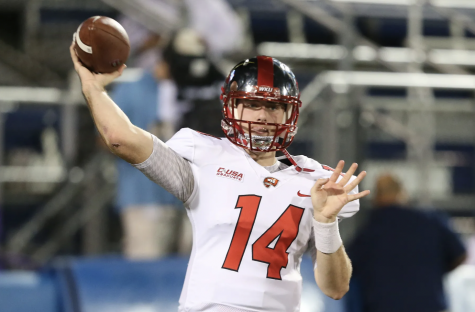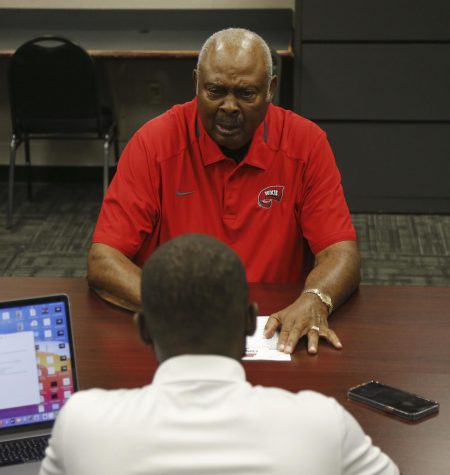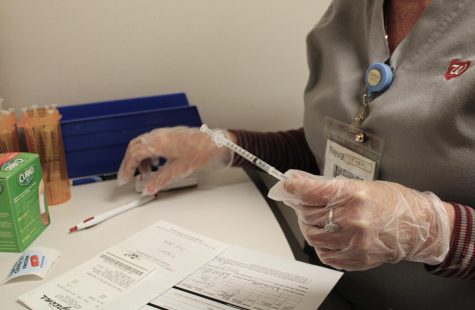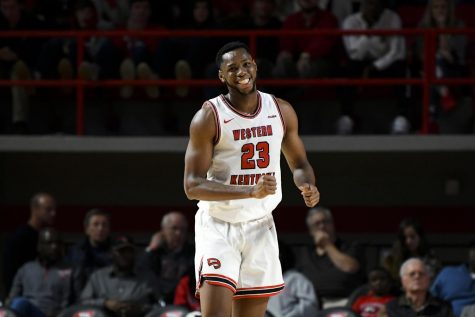Badgers athletic director Barry Alvarez expected to announce retirement plans Tuesday
April 6, 2021
University of Wisconsin athletic director Barry Alvarez is expected to announce his retirement plans Tuesday, with sources telling the State Journal he’ll officially step aside this summer after more than 17 years on the job.
Alvarez, who turned 74 in December, is expected to hold a news conference in the afternoon to outline his plans.
UW won 73 conference championships — regular season and tournaments combined — during Alvarez’s tenure. Sixteen teams won national championships, with women’s hockey (six) and women’s lightweight rowing (five) leading the way, while the football and men’s basketball programs produced an NCAA-record 15 consecutive years of playing in a bowl game and reaching the NCAA tournament.
Sources told the State Journal last month Alvarez has been contemplating retirement for some time but the timing of his decision was influenced by two key factors: the end of the playing career of his grandson, Badgers tight end Jake Ferguson, who will be a fifth-year senior this fall; and Alvarez’s desire not to leave the department in difficult circumstances financially in the middle of the COVID-19 pandemic.
While Alvarez has groomed deputy athletic director Chris McIntosh as his replacement, UW-Madison Chancellor Rebecca Blank will get the final say on the next hire.
A university administration source declined last month to comment on Alvarez’s retirement other than to say all vacancies go through an open search process.
McIntosh, 44, has been working at UW since December 2014, starting as a director of business development before being promoted to Alvarez’s senior staff a little more than a year later. He played under Alvarez, starting 50 games at left tackle from 1996-99 and serving as a captain on teams that won back-to-back Rose Bowls.
Alvarez arrived at UW in 1990 to rebuild a football program that had gone 9-36 over the previous four seasons. He stepped aside 15 seasons later with the most wins in program history (119), along with three Big Ten titles and three Rose Bowl victories, and was named to the College Football Hall of Fame in 2010.
Alvarez took over as athletic director in April 2004, replacing the man who had hired him, Pat Richter.
The UW athletic department made significant additions to its facilities while Alvarez was in charge. The Stephen M. Bennett Student-Athlete Performance Center at Camp Randall Stadium, which opened in 2014, serves as a training hub for athletes in multiple sports.
Meanwhile, the men’s and women’s hockey, softball, cross country and golf teams all had home venues or training space added between 2009 and 2012.
UW renovated the interior and exterior of the 90-year-old Field House and has plans for upgrades at Camp Randall and the Kohl Center.
There are multiple challenges awaiting Alvarez’s successor as the department tries to work its way out of a tough financial situation caused by the pandemic.
Even prior to the pandemic, securing future funding was a concern within the department because some of UW’s largest donors are aging.
Plus, there’s the challenge of staying competitive and drawing fans to venues, particularly in the sports that generate the most revenue.
One source told the State Journal last month that candidates might shy away from the UW job because Alvarez — and Richter before him — have left such big shoes to fill.
“I think that will weave a few people out who have a pretty good situation where they are and are a little scared off by trying to live up to the legend of Barry Alvarez and Pat Richter,” the source said.

